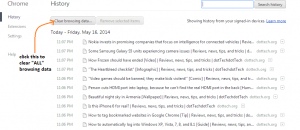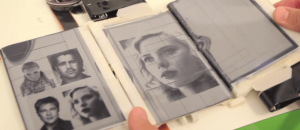To avoid violating the Fourth Amendment Right of Americans, the NSA says that their surveillance program only collects the metadata of peoples’ communications — not the content. This means the numbers that are being dialed, the numbers of incoming calls and the duration of calls. It certainly doesn’t sound as bad as being able to read everything we write or hear everything we say, and while that may have eased at least some people, the metadata could actually end up being more revealing.
According to Edward W. Felten, who is a professor of computer science and Director of Princeton’s Center for Information Technology Policy, the NSA’s database containing metadata could reveal some very private facts about Americans:
“Calling patterns can reveal when we are awake and asleep; our religion, if a person regularly makes no calls on the Sabbath or makes a large number of calls on Christmas Day; our work habits and our social aptitude; the number of friends we have, and even our civil and political affiliations.”
He also gives a hypothetical situation showing how a series of calls can reveal something as specific as a young woman planning to have an abortion:
“Consider the following hypothetical example: A young woman calls her gynecologist; then immediately calls her mother; then a man who, during the past few months, she had repeatedly spoken to on the telephone after 11p.m.; followed by a call to a family planning center that also offers abortions. A likely storyline emerges that would not be as evident by examining the record of a single telephone call.”
The American Civil Liberties Union is suing the US government over the collection of telephone records, and this argument makes a very strong case for it. Let’s see what happens.
[via Business Insider, image via Scott Anderson]

 Email article
Email article




